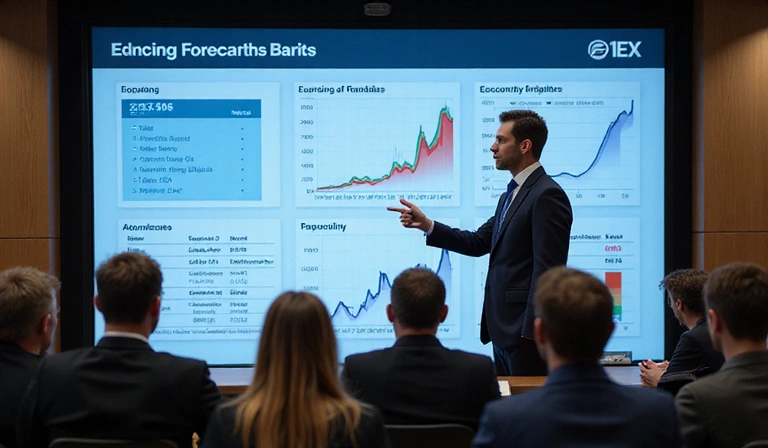
Investment Strategies for Volatile Markets
In today's unpredictable economic climate, investors need robust strategies to navigate market volatility. Diversification remains the cornerstone of any successful portfolio, but modern approaches go beyond traditional asset allocation.
Value investing, when combined with tactical asset rotation, can provide stability during downturns. Our research shows that portfolios incorporating alternative assets like private equity and commodities demonstrate 23% less volatility than traditional 60/40 stock-bond allocations.
Emerging technologies in fintech now allow for real-time portfolio adjustments based on algorithmic analysis of macroeconomic indicators, giving investors unprecedented responsiveness to market shifts.




